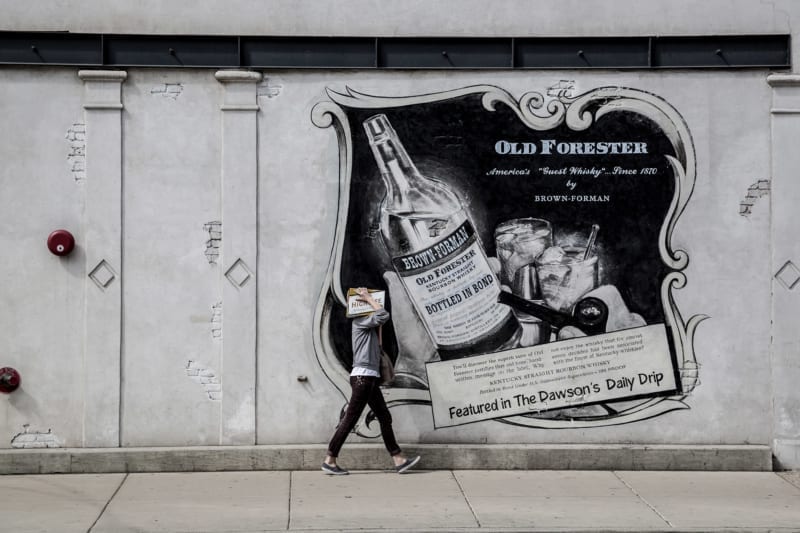We’ve talked about translation being a creative process on this blog before, but what we haven’t mentioned recently is the need for knowledge, not only of other languages but also of the different business cultures across the world.
For any one business person, it can be difficult to specialise in more than one language and culture, but that’s where the translation industry and its global reach comes in. Translation partners from other nations, ones who can help you understand local business languages, are a huge boon in creating something that feels authentic.
Engaging with someone’s emotions makes a noticeable difference in advertising, so dry clinical language – such as that, perhaps, of someone who is not fluent – can result in an advert of less persuasive quality. The difference between formal and informal language is significant, and generally speaking we learn formal versions of foreign languages at school (and to a lesser extent in higher education). If we try to advertise using this sort of language it may well create the wrong sort of perception of a product.
Technically accurate language may get the message across, but it can lack verve. The difference between ‘It is summer every day at ‘Generic’ Restaurant and we are loving it’, and ‘Summer never ends at Generic Restaurant! We’re loving it!’ illustrates this. One feels like English, the other a hesitant translation. Ultimately, the feeling you get from an advert, like it or loathe it, should be that it’s communication from someone who speaks your language. Authenticity counts for a lot here, and if you want your brand to be internationally recognised you’re going to have to hire translators and interpreters who can provide it.
Global Connects

